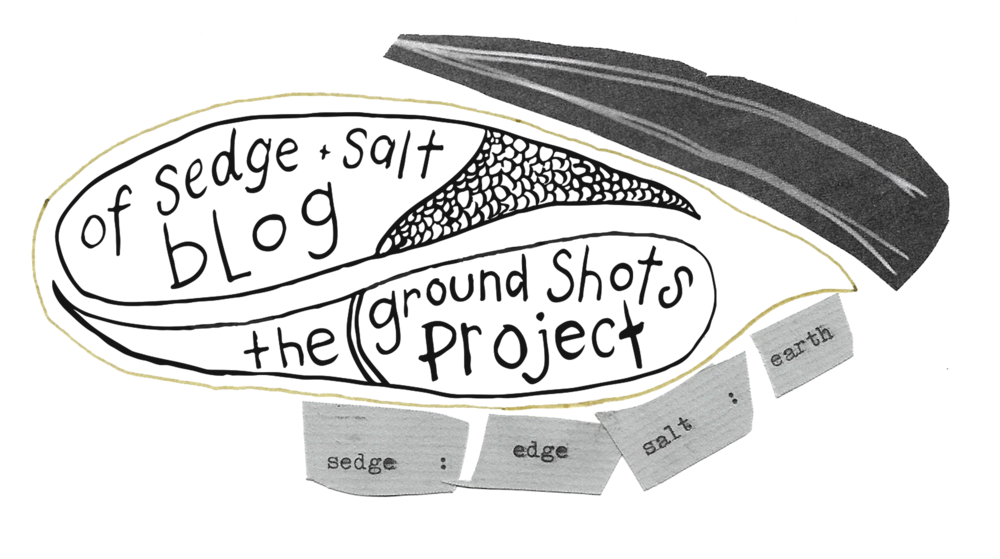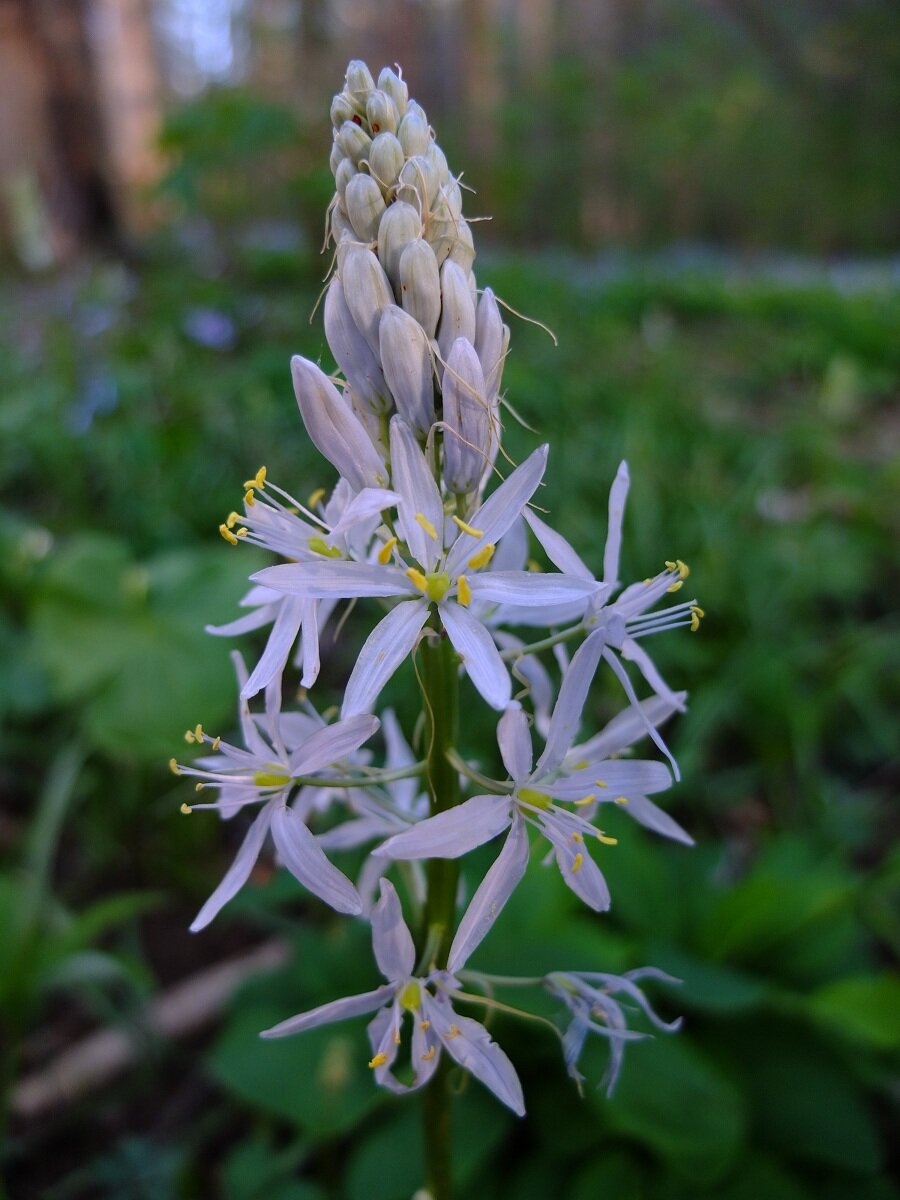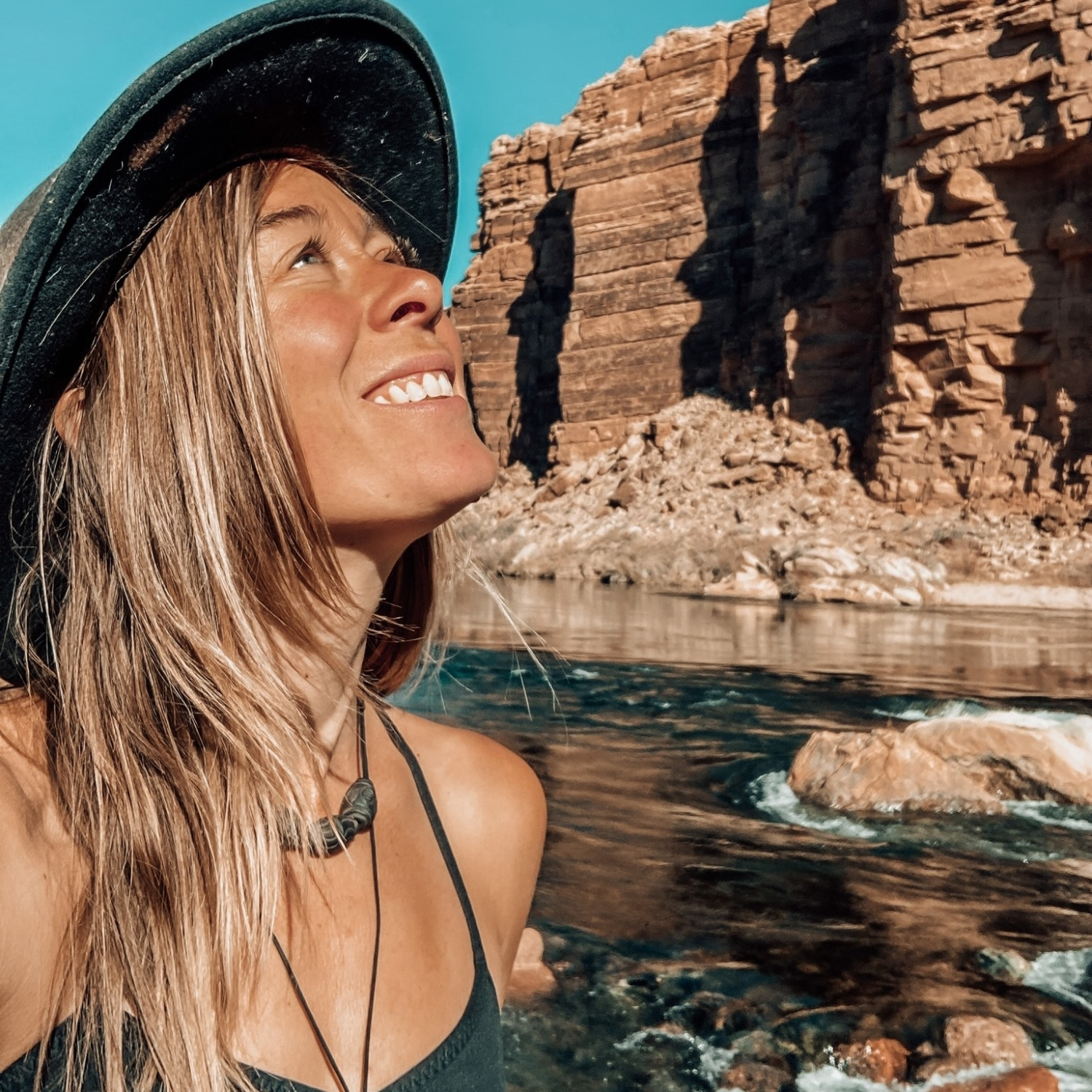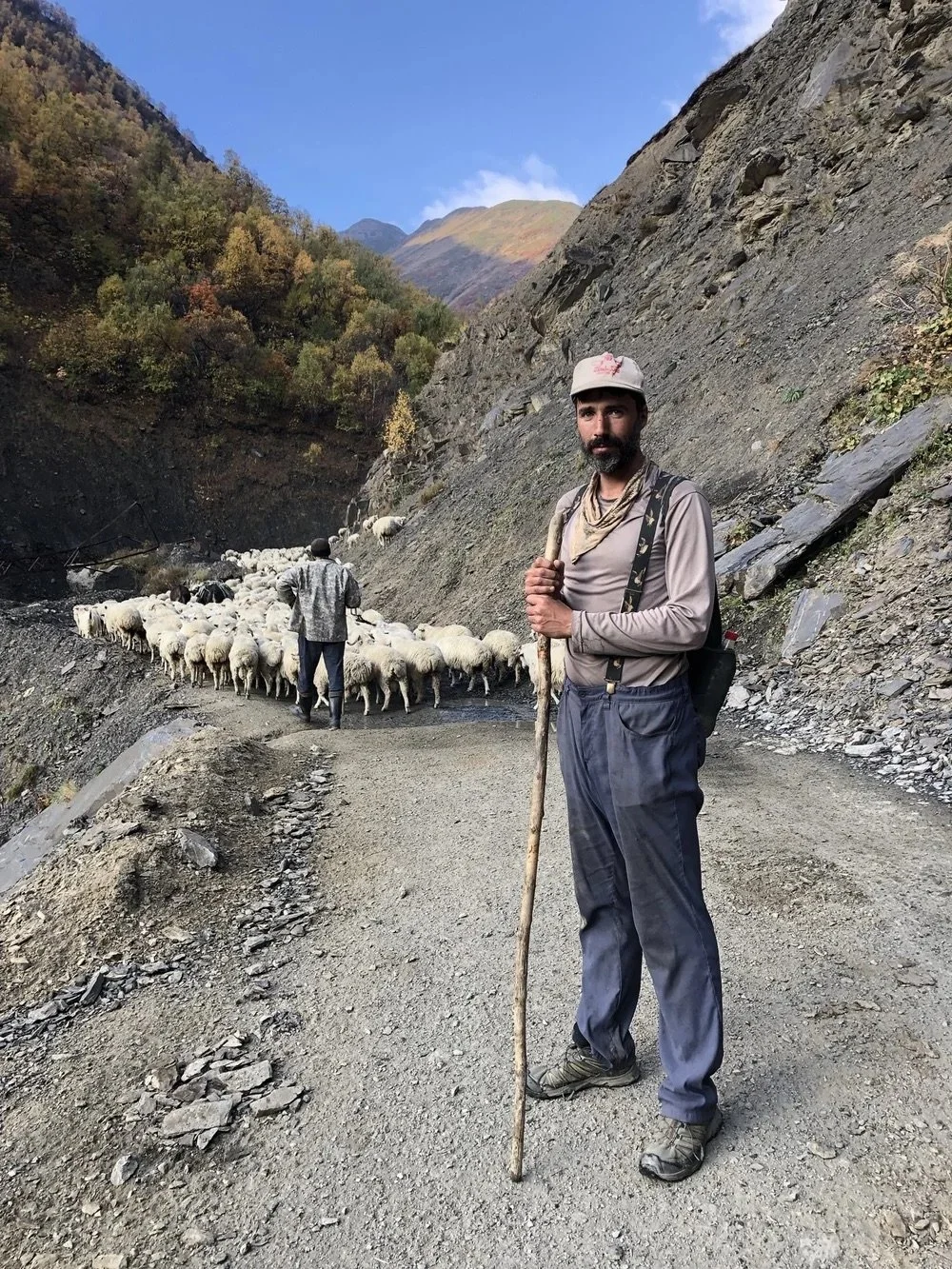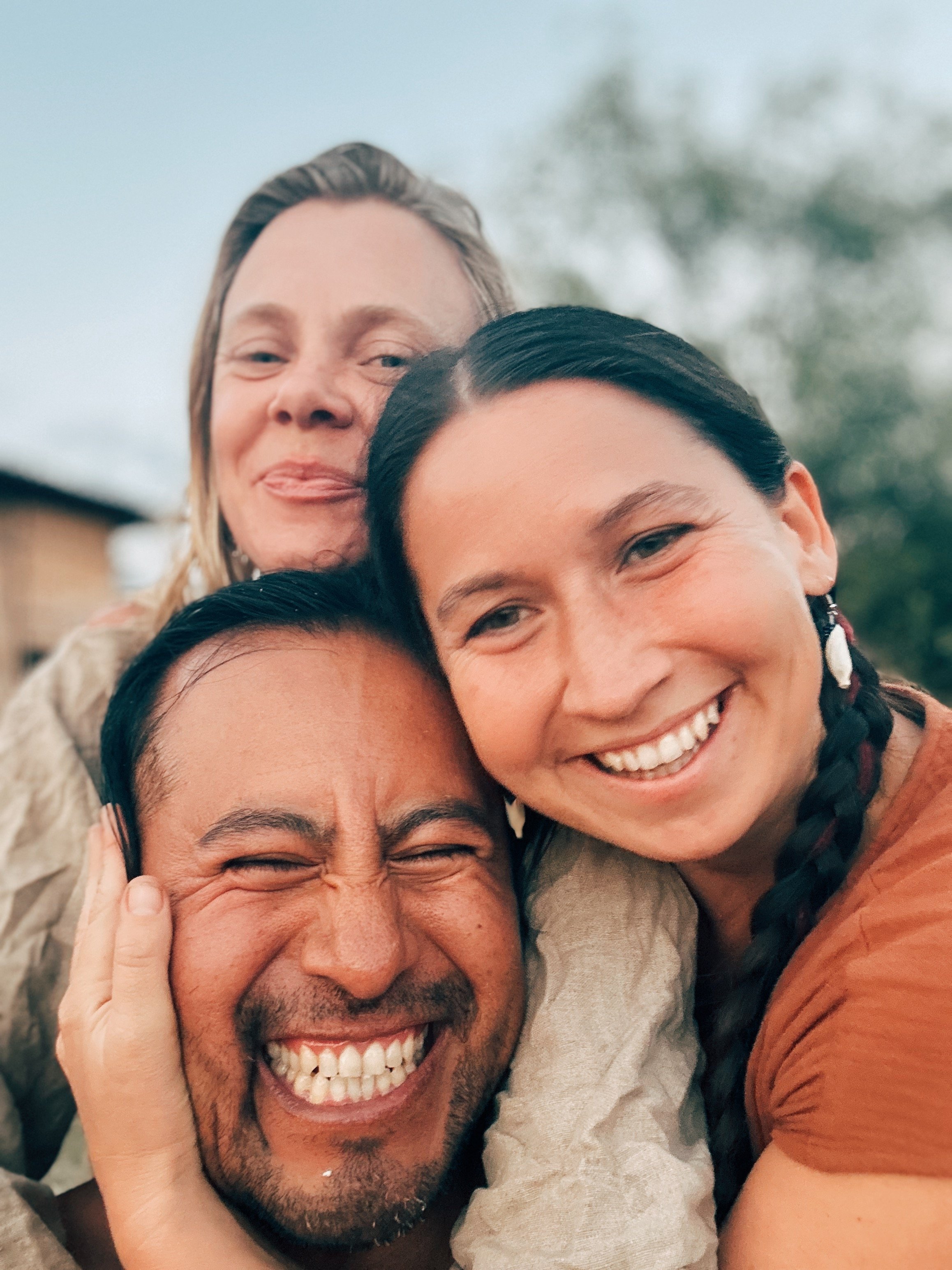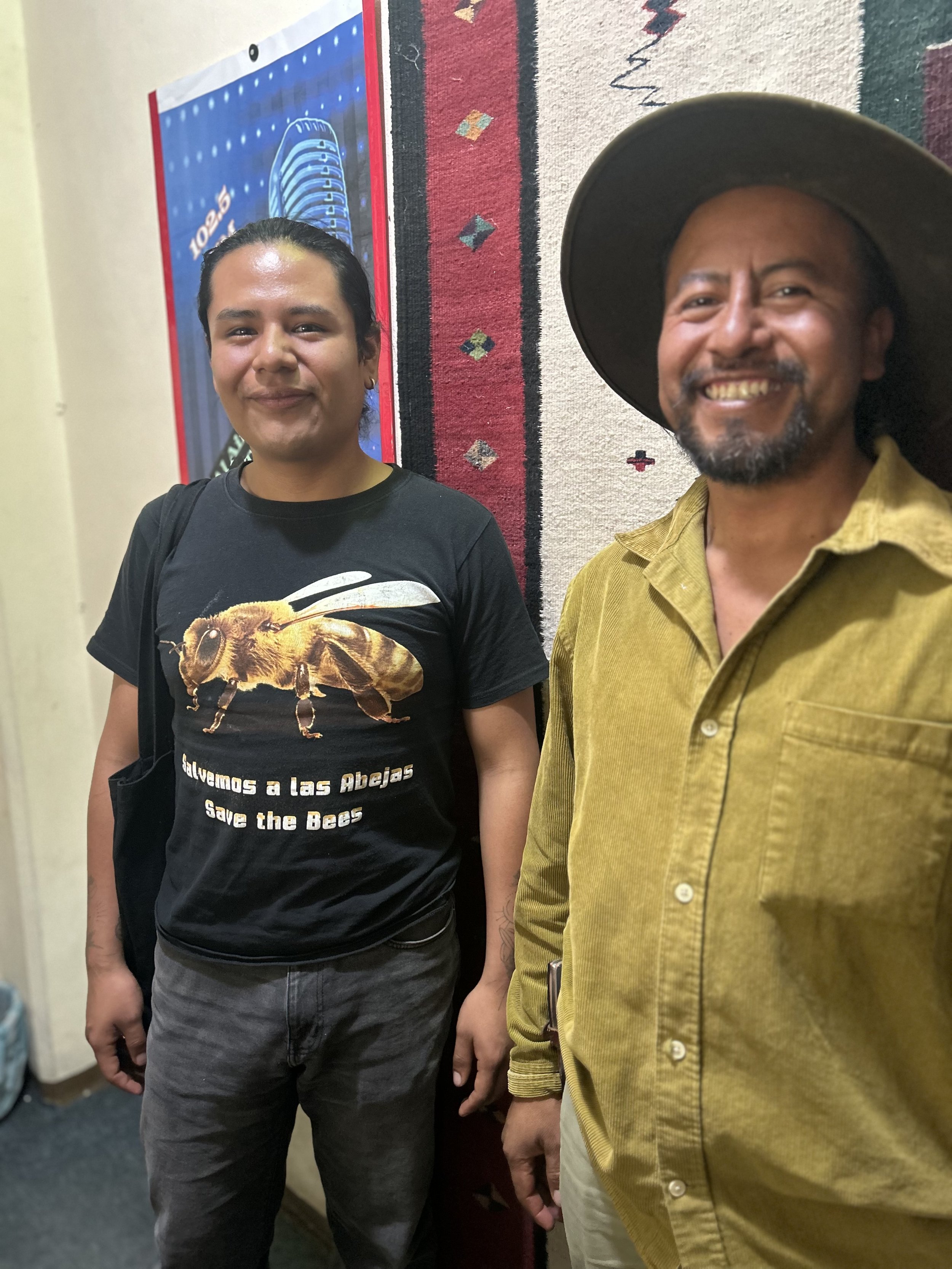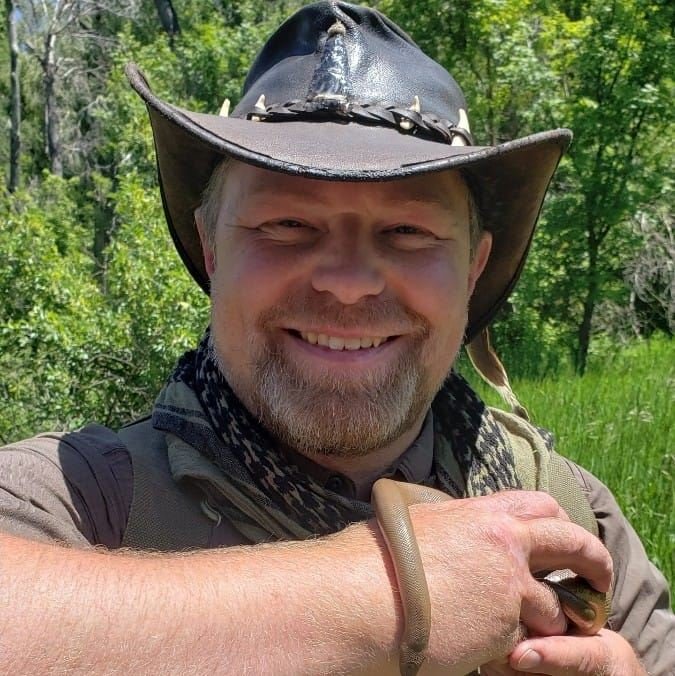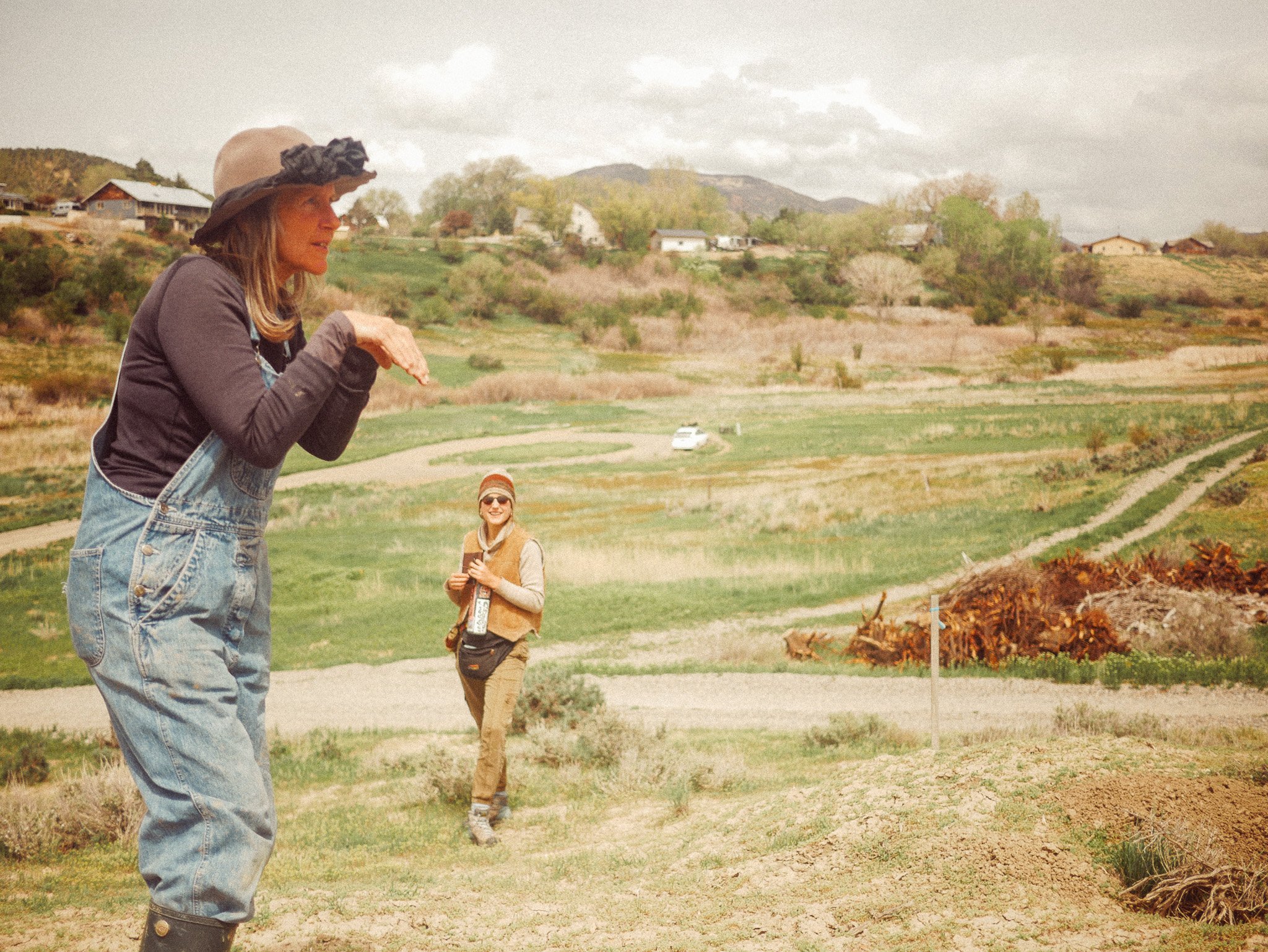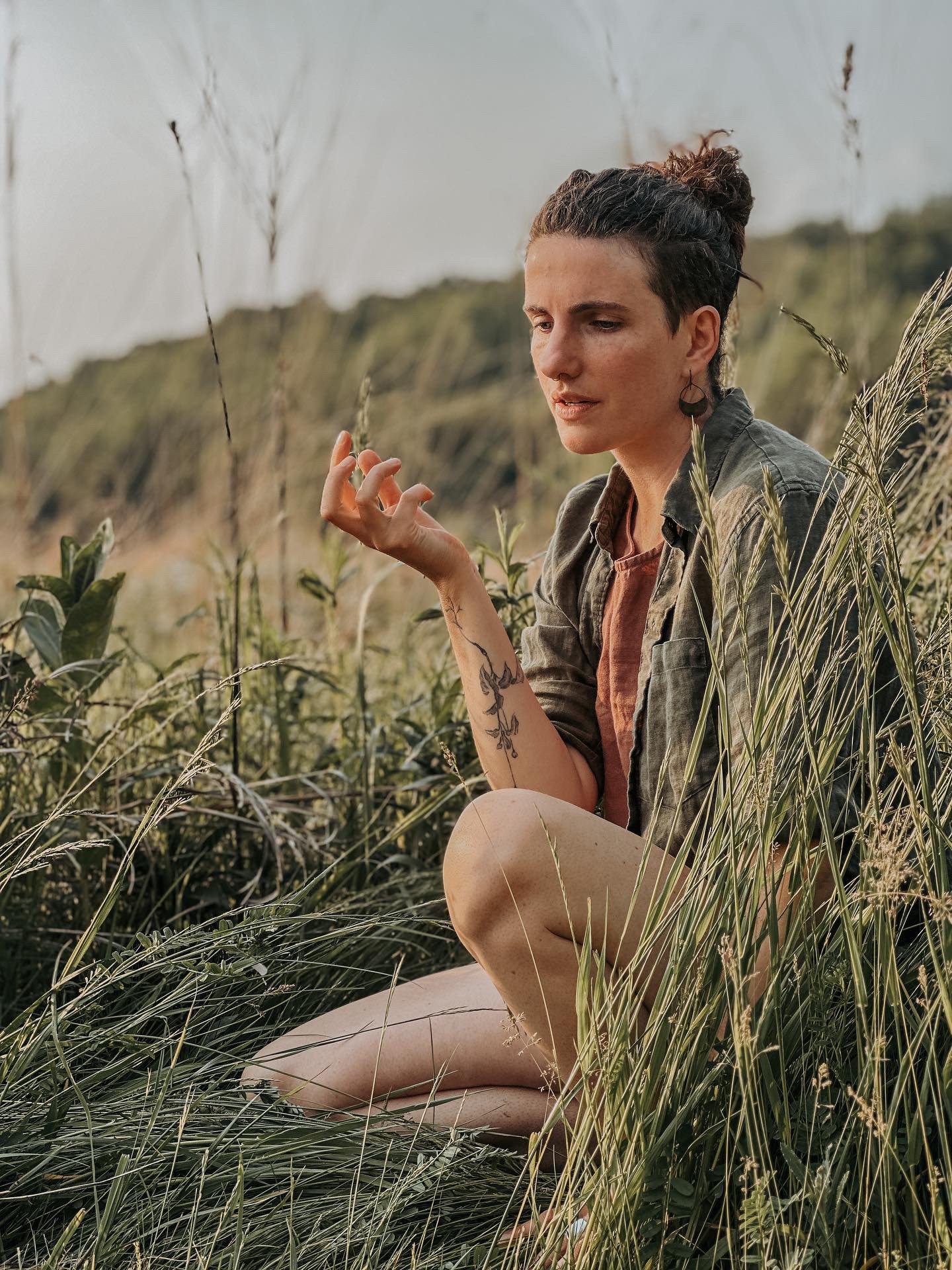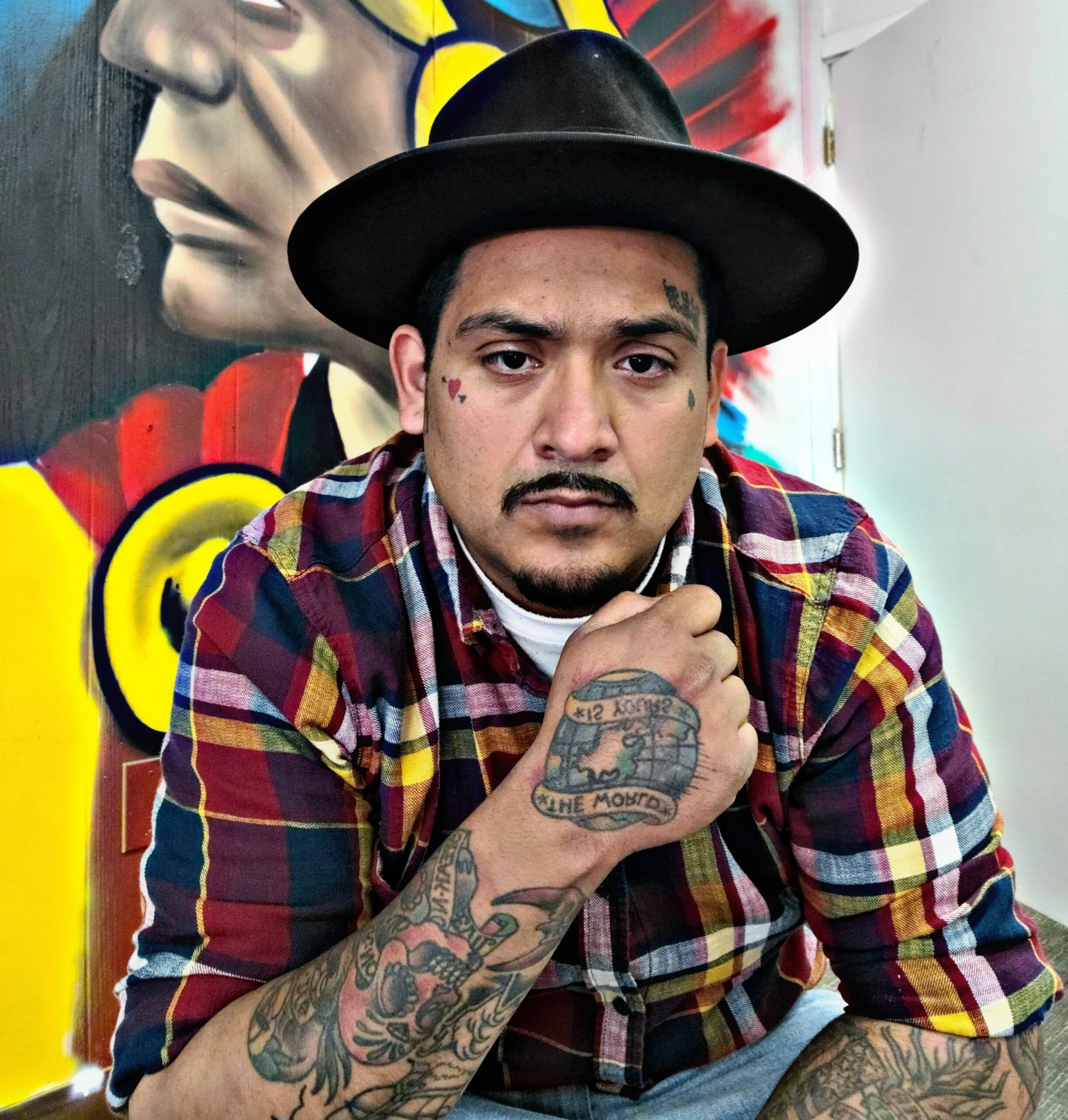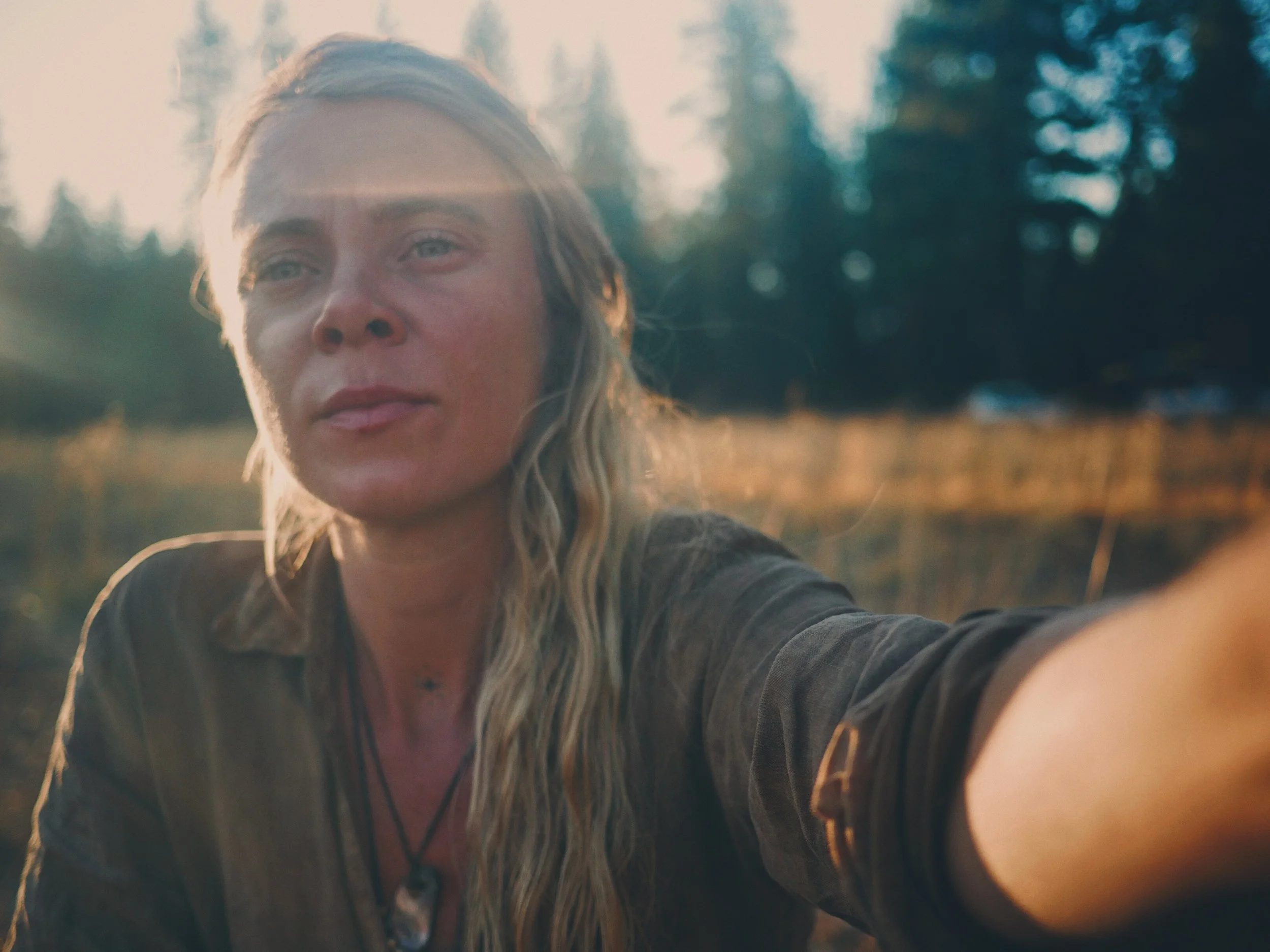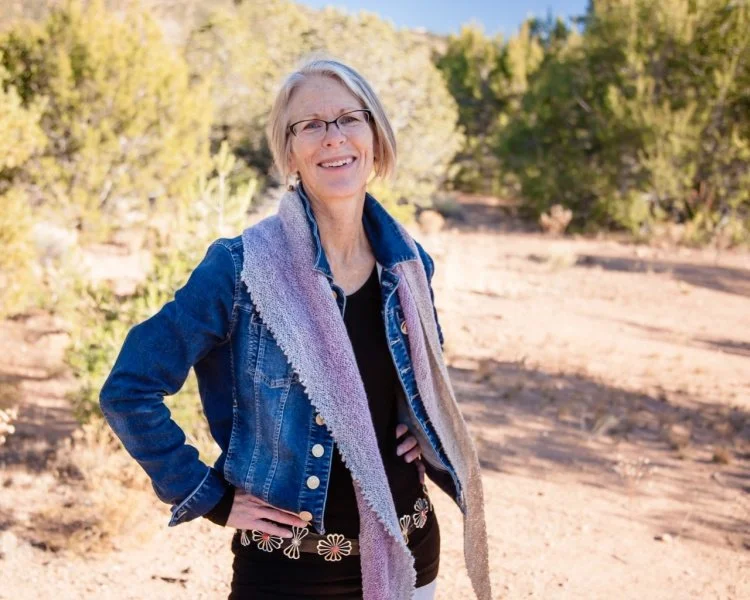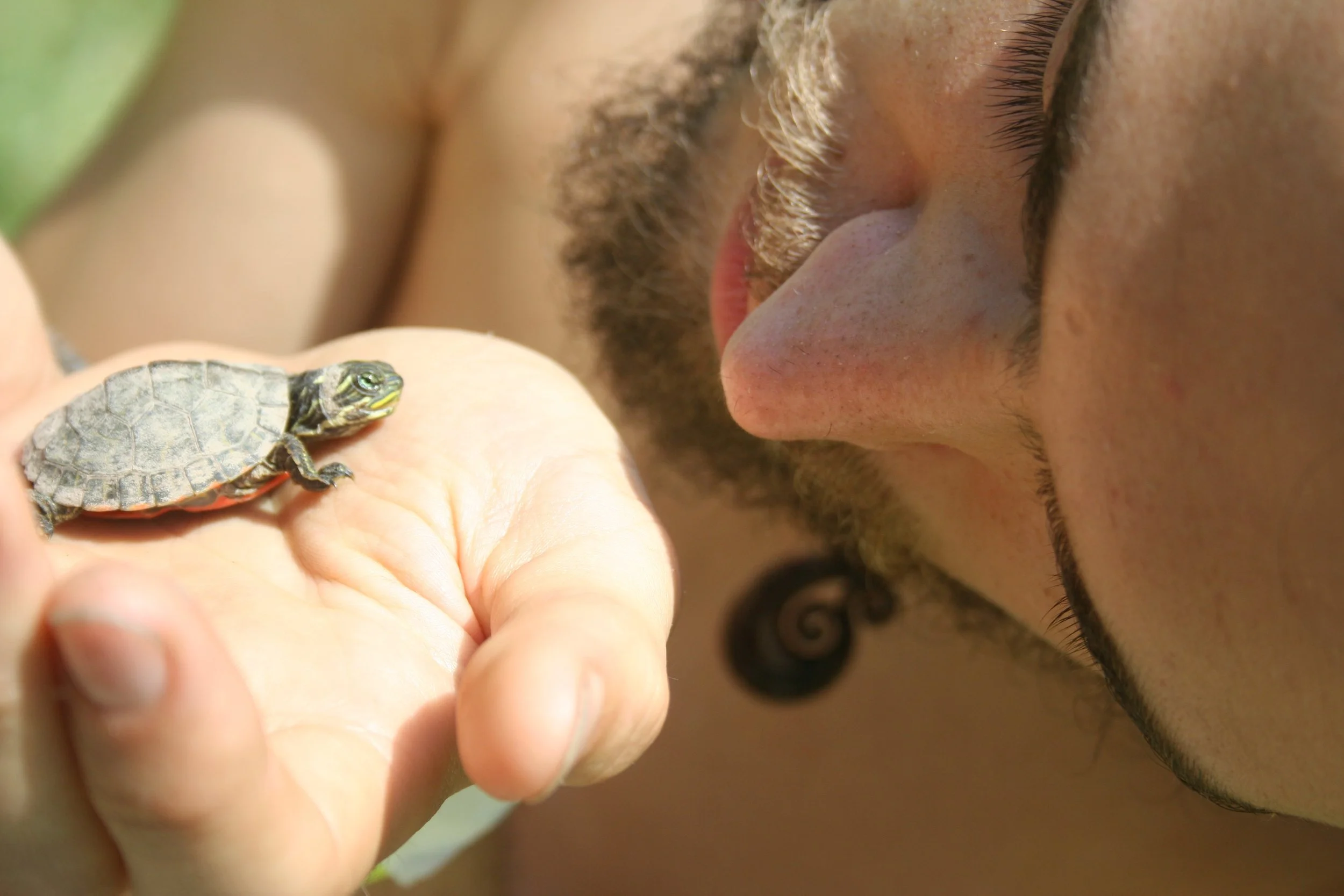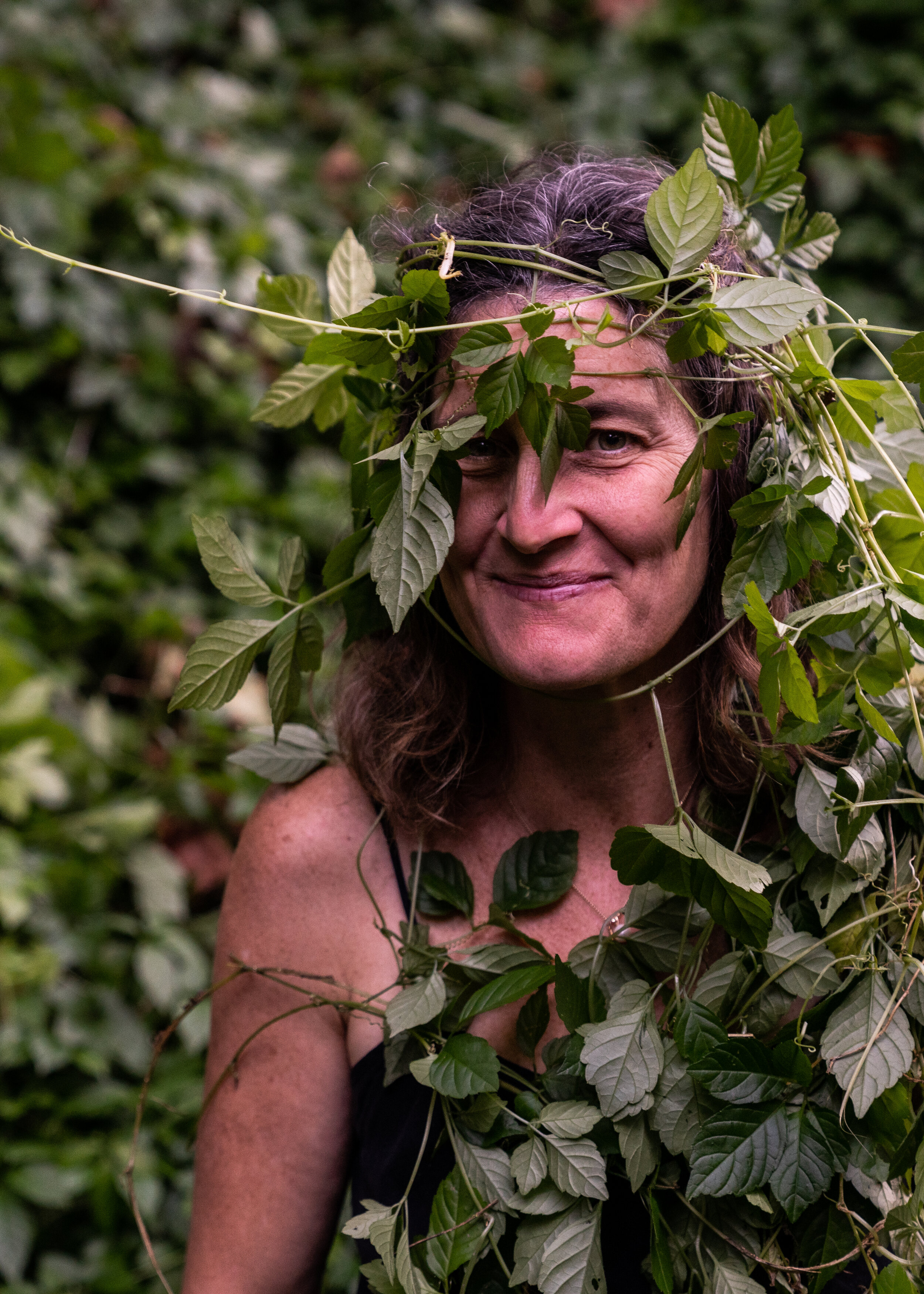Episode #36 of the Ground Shots Podcast features a conversation with Zach Elfers, an ethnobotanist who lives in eastern Pennsylvania near the Susquehanna River. Zach runs the Nomad Seed Project.
The Nomad Seed Project sets out to research, document, experiment, and propagate wild, native, and perennial plants which have exceptional value to humans and their ecology as food, medicine, shelter, materials, and beauty.
Imagining the world of nomadic gatherer-hunters invokes to mind a patchwork landscape with oases of human habitat along pathways of migration unfolding with the pattern of the seasons, plants, or animals. For thousands of years, humans lived in this manner. Along the way, they gathered useful plants and intentionally spread the seeds as a form of populations management. Ecology has been a co-creation alongside humankind for a long time.
Humans often acted as the legs of important plants, expanding them both in their range and abundance. It was humans who brought the pawpaw (Asimina triloba) out of the subtropics after the last ice age and spread it around the eastern temperate forests, and it was humans also who spread the sunroot or Jerusalem artichoke (Helianthus tuberosus) throughout the continent. Nomad Seed Project is interested in ideas of assisted migration, especially in response to climate change, and as a way to protect and conserve species in the face of a rapidly changing world.
The Nomad Seed Project is a re-envisioning of this old paradigm. By gathering and planting the seeds of native, wild, perennial plants that are important to us, we as humans have the power to impact the ecosystems we are a part of in positive and healthy ways, while also meeting our own requirements for food, shelter, medicine, and materials. Neither agriculture, gardening, nor preservationism, but something in between.
It may be a long time however before we can fully sustain our lives again from the wild plants growing in nature’s garden. While prior to colonialism the presence and abundance of plant foods and medicines was much greater, our ecosystems today have been degraded, fractured, or destroyed in the wake of farming, ranching, mining, urban development, suburban sprawl, and the highway system. Now it is more important than ever that we act again as the legs to the plants that we love, helping them gain new ground, ahead of mass extinction and climate change. The Nomad Seed Project describes work that could also be called do-it-yourself ecological restoration, at the hands of citizen scientists acting according to their own conscience. By working with these native plants, with the same stroke we expand our own habitat. There is a lot of work to do, but it all starts with the power of a seed…
In this conversation with Zach, we talk about:
some natural/ethnobotanical history of the Susquehanna River watershed in Pennsylvania where Zach lives
Zach's project 'Nomad Seed' which focuses on his experimental field research with native first food plants
Zach's experience learning plants while traveling and being out on the land and how this helped deepen his understanding of his 'home' ecosystem
specific 'wild foods' / first foods plants Zach tends and his methods for doing so like Spring Beauty, Dwarf Ginseng, Toothwort, American Groundnut, Harbinger of Spring, Eastern Camas, Chestnuts, Hickories, Chinkapins
how fire-stick farming may have been a wild-tending practice in the southeast
the importance of John Hershey's farm in Pennsylvania for preserving native fruit and nut species that were possibly selected at one point by indigenous peoples and Zach's research on how he thinks this happened
the importance of prioritizing the preservation and propagation of bioregional foods
Zach's experiments with and research on controlled 'burn' gardens on the east coast
different ways one can define 'agriculture'
ethnical foraging expanded: learning the plants entire life cycle and encouraging them to become more abundant by working with the plants all year
choosing love over fear in a time of collapse
Links:
Zach’s website : The Nomad Seed Project (read his amazing plant profiles!!)
Zach’s instagram @woodlandrambler
Zach’s Patreon page for The Nomad Seed Project
Support the podcast on Patreon to contribute to our grassroots self-funding of this project.
Support the Ground Shots Project with a one time donation via Paypal at: paypal.me/petitfawn
Our website with backlog of episodes, plant profiles, travelogue and more: http://www.ofsedgeandsalt.com
Our Instagram page @goldenberries
Join the Ground Shots Podcast Facebook Group to discuss the episodes
Subscribe to our newsletter for updates on the Ground Shots Project
Theme music: 'Sweat and Splinters' by Mother Marrow
Interstitial Music: ‘Cold Horn’ by Inger S
Hosted by: Kelly Moody
Produced by: Kelly Moody and Opia Creative
